
A research project to understand the high mortality rate of giant anteaters and reduce wildlife-vehicle collisions on highways, thus achieving safer roads for animals and road users.
The giant anteater is an emblematic South American mammal, listed as vulnerable to extinction by the International Union for Conservation of Nature – IUCN. The native forests and vegetation of the Brazilian Cerrado are natural habitats for giant anteaters. However, in the last 35 years, more than half of this biome has been converted to pasture or agricultural land. In addition to these damages affecting the survival of the species, its remaining habitats are being fragmented and divided by the expansion of the road network.
Wildlife-vehicle collisions on highways are causing these animals a high number of unnatural deaths, and this includes the giant anteater, which is among the species that most often die when run over on highways in the Cerrado.
In addition to the impact on wildlife, wildlife-vehicle collisions can cause material, psychological, and physical damage to people, and may even cause death. In the state of Mato Grosso do Sul, according to data from the Federal Highway Police (PRF), between 2007 and 2019, there were 614 collisions with animals that resulted in fatality or injury.
Therefore, through the Anteaters and Highways Project, we seek to reduce wildlife-vehicle collisions and thus achieve safer roads for all.
Understanding and quantifying the ecological impacts and sociological aspects related to wildlife-vehicle collisions in the Cerrado of Mato Grosso do Sul (MS), Brazil.
Objectives for this phase included quantifying the impact of roads on giant anteater populations and assessing their effect on species behavior, population structure, and health. The study included investigating how roads are affecting the persistence of the giant anteater population, whether they are acting as a gene flow barrier and reducing the density of this species. In addition, we investigated the perception of truck drivers about wildlife-vehicle collisions.
We will use the results and experience gained in Phase 1 of the Project, in addition to our network of partners and collaborators, to reduce the number of animals killed on the roads, as well as the damage to humans and vehicles. The giant anteater will continue to be the ambassador of this cause!
In Phase 2, we will seek to involve authorities, decision makers, road users (mainly truck drivers), truck companies, road workers, and society more generally. We will use a variety of tools to convey our message, including ecological modeling and analysis, evidence-based scientific communication, workshops, training, citizen science, certification guidelines, storytelling, as well as behavioral change. We aim to implement social, landscape, and road management actions to reduce the number of wildlife-vehicle collisions on the highways of Mato Grosso do Sul. We hope that these experiences will be shared and replicated throughout Brazil.
Moreover, we continue to monitor wildlife-vehicle collisions on the highways of Mato Grosso do Sul to better understand the impacts of highways on wildlife and thus predict where there is the greatest risk of accidents on roads.
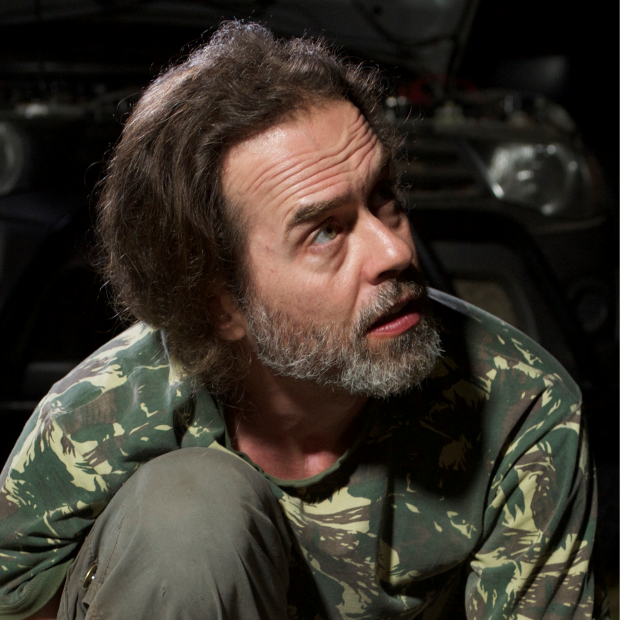
Works in the areas of Conservation Biology, species research, and natural resource use ecology. Has worked and lived in Belize, Argentina, Bolivia…
Works in the areas of Conservation Biology, species research, and natural resource use ecology. Has worked and lived in Belize, Argentina, Bolivia, Nepal, and has been in Brazil for 20 years. In 2002, started living and working in Mato Grosso do Sul, where founded the NGO ICAS to provide administrative support to the two projects they coordinate: the Conservation Program for the giant armadillo and the Flag and Highways Project. His work has been featured in National Geographic, BBC Nature, and PBS (Public Broadcasting Service). Arnaud is recognized as a major figure in global conservation, having been honored with the Whitley Award in 2015, considered the Conservation Oscars!
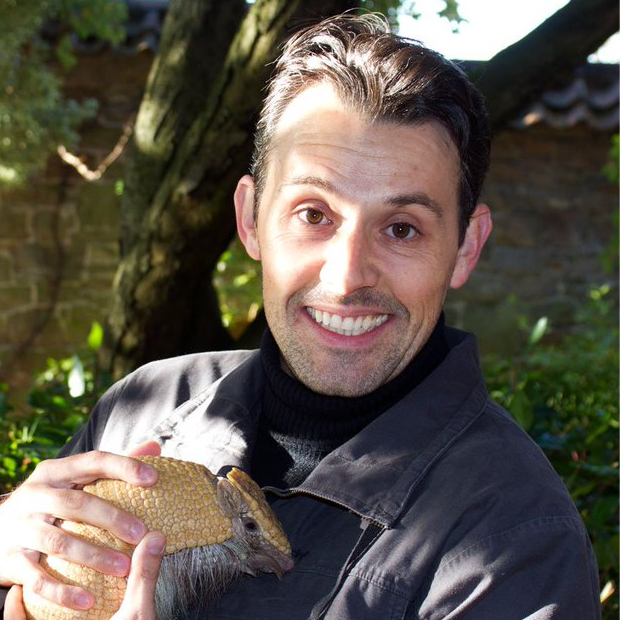
Veterinarian graduated from the Universidade Paulista (2003), with experience in Wild Animal Medicine, Conservation Medicine, and postgraduate studies in clinical…
Veterinarian graduated from the Universidade Paulista (2003), with experience in Wild Animal Medicine, Conservation Medicine, and postgraduate studies in clinical and surgical care of wild animals.
Professional Background: Since 2004, has worked as a researcher in conservation projects focusing on Neotropical mammals. Since 2011, has been a veterinarian for the Giant Armadillo Project, holds a Master's degree in Sciences from the Institute of Tropical Medicine at the University of São Paulo, and is an associated researcher at the Naples Zoo, Florida, USA.
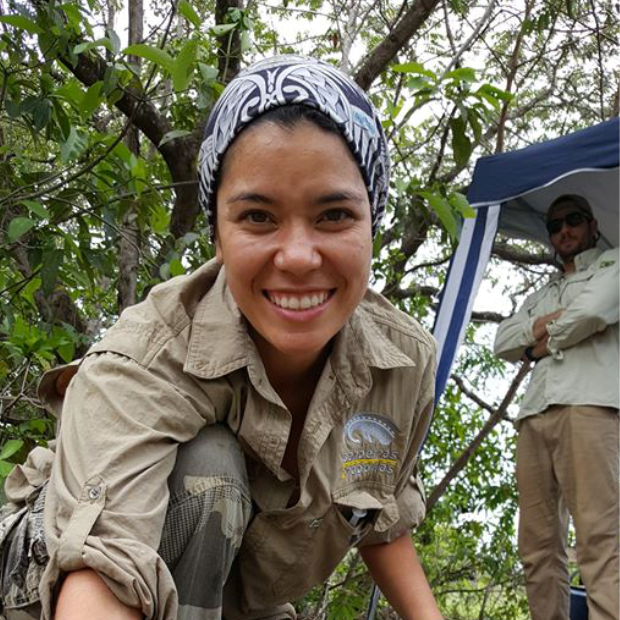
Veterinarian graduated from the University of São Paulo (2016), currently pursuing a master’s degree in Ecology and Conservation at the Federal University of Mato Grosso do Sul…
Veterinarian graduated from the University of São Paulo (2016), currently pursuing a master's degree in Ecology and Conservation at the Federal University of Mato Grosso do Sul.
Professional Background: Specializes in Wildlife Medicine and Conservation. Since 2017, has been a veterinarian at the Institute for Wildlife Conservation, working on the Flag & Highways Project, involving capture and monitoring...
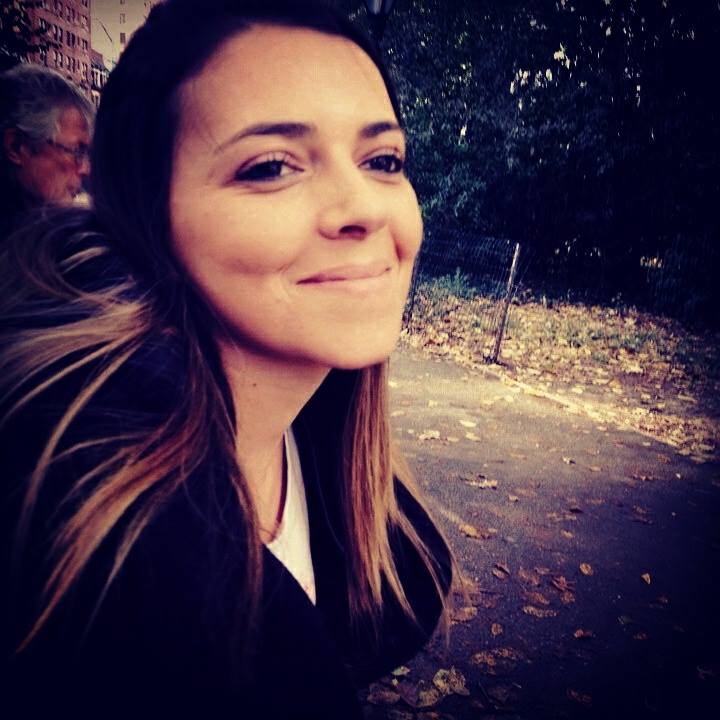
Ph.D. in Environmental Science from the University of São Paulo (PROCAM-USP) with a sandwich period at Bangor University (Wales, UK). Certified by WildTeam (UK) in…
Ph.D. in Environmental Science from the University of São Paulo (PROCAM-USP) with a sandwich period at Bangor University (Wales, UK). Certified by WildTeam (UK) in Project Management for Wildlife Conservation, holds a master's degree in Ecology from the Federal University of São Carlos, a bachelor's degree in Biological Sciences from UFSCar, and a degree in Environmental Management from Senac University Center.
Professional Background: Utilizes approaches and methods from Social Sciences to understand the social, psychological, and economic context of human-wildlife interactions threatening biodiversity. The primary goal of her research is to develop integrative strategies that practically enhance coexistence between people and wildlife. She is interested in the areas of Human Dimensions of Conservation, Social Psychology, and Conservation Psychology.
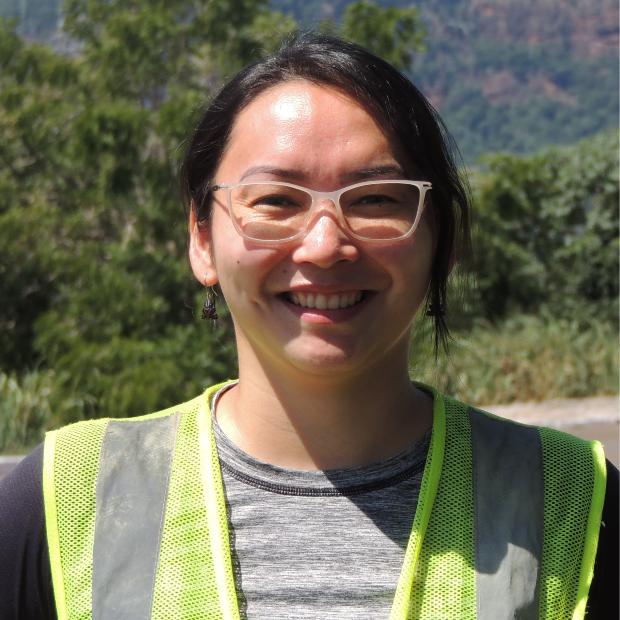
Educational Background: Bachelor and licensed in Biological Sciences from the Federal University of Santa Catarina, completed a master’s degree in Ecology at the same university…
Educational Background: Bachelor and licensed in Biological Sciences from the Federal University of Santa Catarina, completed a master's degree in Ecology at the same university, and postgraduate studies in Environmental Management, Licensing, and Auditing at Anhanguera-Uniderp College.
Professional Background: Has experience in monitoring and mitigating wildlife-vehicle collisions, faunal monitoring, environmental impact assessment, and environmental management of highways. Is a member of Caipora - Cooperative for Nature Conservation and REET BRASIL - Brazilian Network of Specialists in Transport Ecology. In 2021, became a biologist for the Flag and Highways Project.
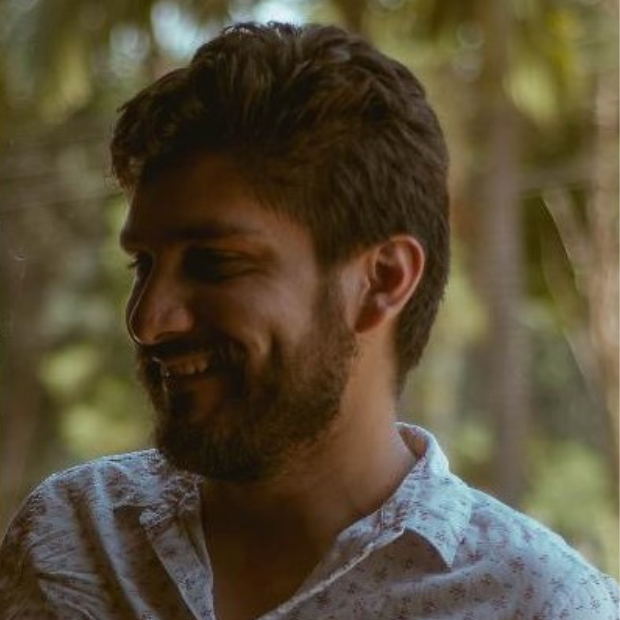
Educational Background: Bachelor in Forestry Engineering from the University of São Paulo – Luiz de Queiroz College of Agriculture, with a sandwich period at the…
Educational Background: Bachelor in Forestry Engineering from the University of São Paulo - Luiz de Queiroz College of Agriculture, with a sandwich period at the University of Queensland, Australia. Holds a master's degree in Forest Resources, also from the University of São Paulo.
Professional Background: Has experience in spatial analysis (especially with species distribution modeling and spatial prioritization analyses), use of digital data for species conservation, planning theory for conservation, and human dimensions of conservation. Is a collaborating researcher at LEMAC - ESALQ/USP (Laboratory of Ecology, Management, and Conservation of Wildlife) and a facilitation helper for the Conservation Planning Specialist Group (CPSG) - IUCN Brazil.
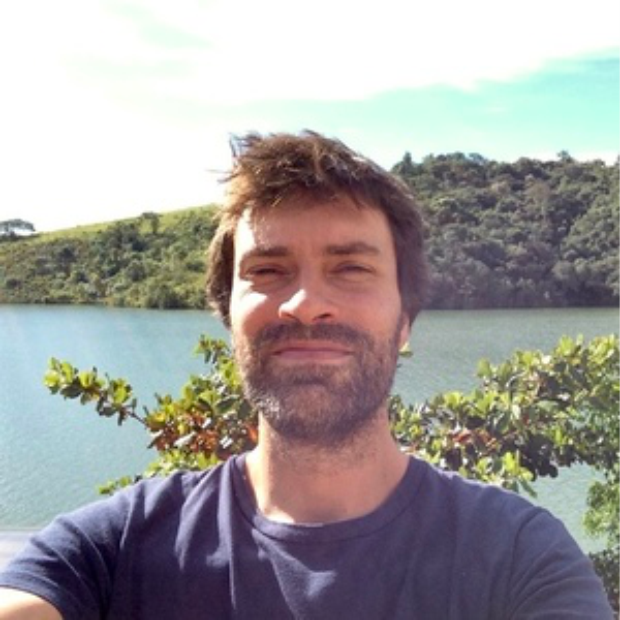
Collaborator in the field of Road Ecology, responsible for analyzing roadkill patterns and spatial-temporal patterns of animal movements using GPS collars…
Educational Background: Biologist, Ph.D. in Conservation Biology.
Professional Background: Collaborator in the field of Road Ecology, responsible for analyzing roadkill patterns and spatial-temporal patterns of animal movements using GPS collars.
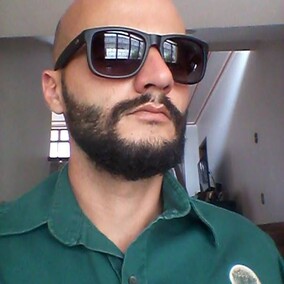
Founder of the Nobilis Association, with extensive experience in surveying, monitoring, and rescue of wildlife. Collaborates throughout the process of creating…
Educational Background: Biologist, Environmental Manager, Master in Ecology and Conservation.
Professional Background: Founder of the Nobilis Association, with extensive experience in surveying, monitoring, and rescue of wildlife. Collaborates throughout the process of creating, rehabilitating, and releasing monitored individuals in the TamanduASAS Project.
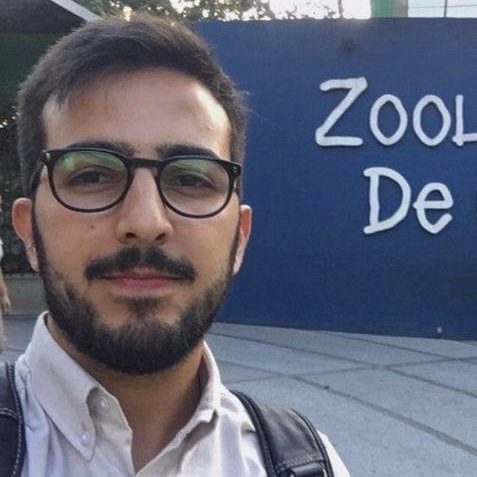
Graduated from the State University of Midwestern UNICENTRO, with a residency in Zoological Medicine from UFPR, working at Beto Carrero World Zoo….
Graduated from the State University of Midwestern UNICENTRO, with a residency in Zoological Medicine from UFPR, working at Beto Carrero World Zoo. Currently pursuing a master's degree in Ecology and Conservation at UFMS.
Professional Background: Since 2013, has been working as a veterinarian for wildlife, with a special interest in bridging connections between in situ and ex situ conservation and disease ecology.
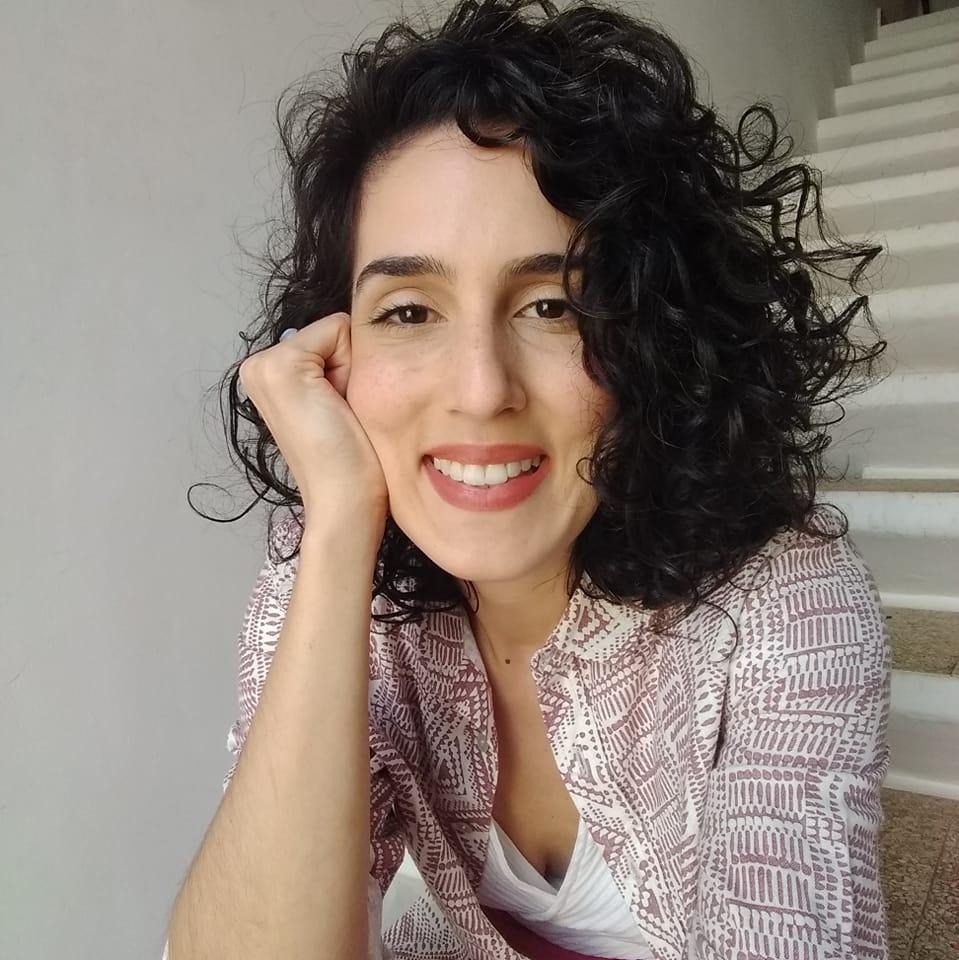
Master’s degree in Environmental Science from the University of São Paulo (PROCAM-IEE/USP) and a bachelor’s degree in Environmental Management from the same university…
Master's degree in Environmental Science from the University of São Paulo (PROCAM-IEE/USP) and a bachelor's degree in Environmental Management from the same university.
Professional Background: Has work and research experience involving stakeholders living near forested areas and traditional populations. Also has experience in handling geospatial information (QGIS software), evaluating social programs, and analyzing quantitative (STATA and R statistical software) and qualitative data. Since the past year, has been working in the field of Human Dimensions.
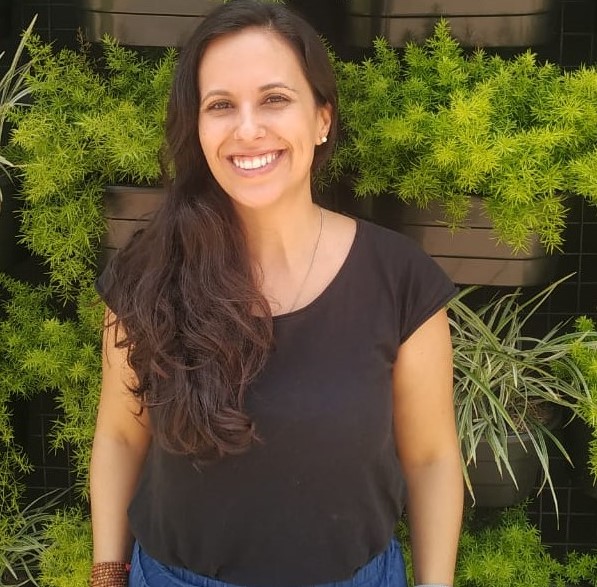
Graduated with a degree in Biological Sciences from the Federal University of São Carlos. Holds a master’s degree in Ecology and Natural Resources and a Ph.D. in Sciences…
Graduated with a degree in Biological Sciences from the Federal University of São Carlos. Holds a master's degree in Ecology and Natural Resources and a Ph.D. in Sciences from the Postgraduate Program in Ecology and Natural Resources (PPG ERN) at the Federal University of São Carlos (UFSCar), both in the field of Environmental Education.
Professional Background: Works as an educator and coordinator of projects and training courses in Environmental Education at the Escola da Floresta group in Sítio São João (São Carlos/SP) since 2009. She is a founding partner and educator at Fubá Educação Ambiental e Criatividade since 2015. Since 2018, she has been the educator responsible for implementing the Education and Communication Action Plan at the Institute for Wildlife Conservation (ICAS).
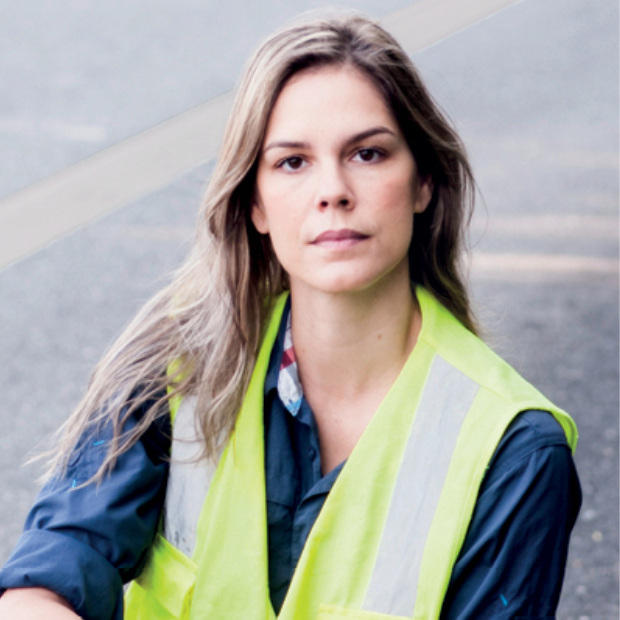
Professional Background: Specialist in Road Ecology and postdoc at the Smithsonian Conservation and Sustainability Center in Washington D.C. She is a co-owner of the…
Professional Background: Specialist in Road Ecology and postdoc at the Smithsonian Conservation and Sustainability Center in Washington D.C. She is a co-owner of the company Via FAUNA. Collaborates with the project by preparing technical reports and mitigation proposals for wildlife collisions on highways in Mato Grosso do Sul.
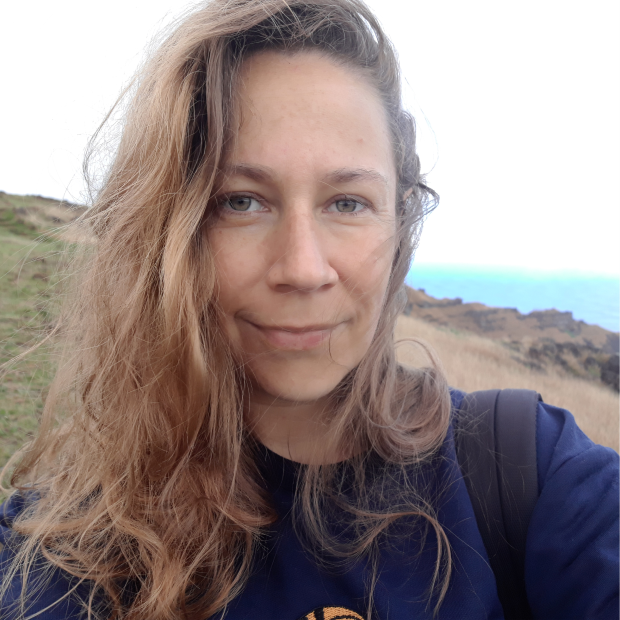
Educational Background: Graduated in Economics from the University of Paris X and in Marketing & Management from the MBA program at Reims Business School…
Educational Background: Graduated in Economics from the University of Paris X and in Marketing & Management from the MBA program at Reims Business School.
Professional Background: Project Coordinator & Communication for 15 years at Universal Music. Currently, a professional involved in the development of communication strategy and content for various communication channels, especially social media.
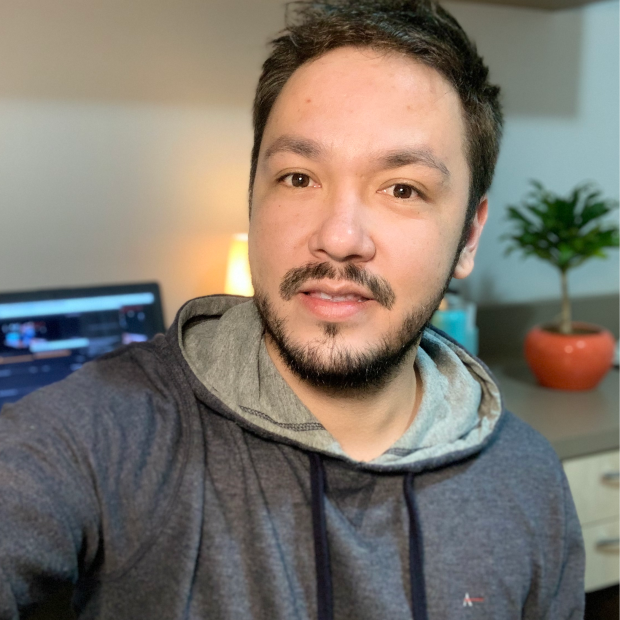
Born in the interior of São Paulo, passionate about animals, photography, and videos, graduated in 2012 from the Dom Bosco Catholic University (UCDB). Since…
Born in the interior of São Paulo, passionate about animals, photography, and videos, graduated in 2012 from the Dom Bosco Catholic University (UCDB). Since 2010, when he was still a volunteer, he has been working in various areas of communication in the third sector.
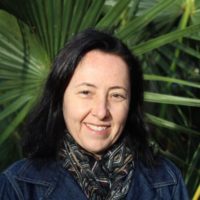
Bióloga, doutora em Ecologia Aplicada. Coordenadora do Laboratório de Ecologia, Manejo e Conservação de Fauna (LEMaC-USP), colabora com o projeto em estudos de modelagem de risco de atropelamentos e de distribuição de espécies.
Biologist, Ph.D. in Applied Ecology
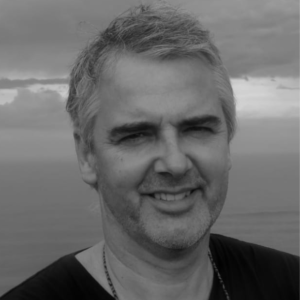
Biólogo, doutor em Botânica. Com foco na pesquisa de impactos de infraestruturas lineares, coordena o Núcleo de Ecologia de Rodovias e Ferrovias (NERF-UFRGS). Andreas e sua equipe colaboram com o projeto na concepção e aprimoramento de pesquisas e ações.
Biologist, Ph.D. in Botany
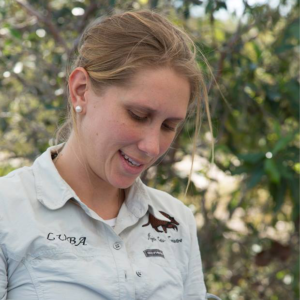
Veterinária, mestre em Biotecnologia Animal. Doutoranda da Universidade Federal Fluminense, responsável pela avaliação reprodutiva dos tamanduás-bandeira machos capturados pelo projeto.
Veterinarian, Master’s in Biotechnology
![]()
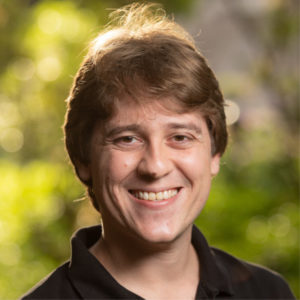
Biólogo, mestre em Ecologia Aplicada. Doutorando da Universidade de São Paulo, seu foco de pesquisa é avaliar o impacto das rodovias na ocupação e densidade populacional de tamanduás-bandeira.
Biologist, Master’s in Applied Ecology
![]()
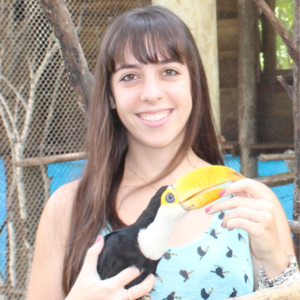
Veterinária, mestre em Saúde Animal. Analista Ambiental do Instituto Estadual de Florestas, coordenadora do Projeto TamanduASAS, atua em parceria com o nosso projeto nas pesquisas sobre soltura de tamanduás-bandeiras órfãos reabilitados.
Veterinarian, Master’s in Animal Health
![]()
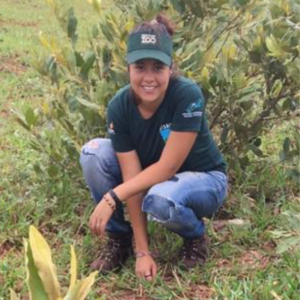
Bióloga, Doutora em Ecologia e Recursos Naturais. Realizou a sexagem molecular, assim como a avaliação espaço-temporal de atropelamentos e diversidade genética em em tamanduás-bandeiras atropelados no Mato Grosso do Sul.
Biologist, Ph.D. in Ecology and Natural Resources
![]()

Bióloga, doutora em Biologia Animal. Trabalha com estudos focados em Ecologia e Comportamento animal. Colabora com o projeto em pesquisas sobre o comportamento de tamanduás reabilitados e de vida-livre.
Biologist, Ph.D. in Animal Biology
![]()
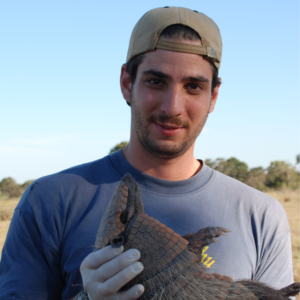
Biólogo, coordenador do Projeto Tatu Canastra Pantanal. Membro do Projeto Tatu-Canastra, com sua ampla experiência de campo, atua como colaborador do Projeto Bandeiras e Rodovias.
Biologist, Coordinator of the Giant Armadillo Project
![]()
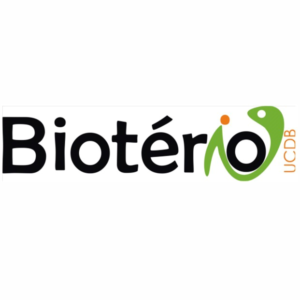
Coordenado pela Profa. Dra. Paula Helena Santa Rita e com o auxílio do biólogo M.e Luiz Humberto Guimarães Riquelme Junior, é laboratório referência no Mato Grosso do Sul na criação e manutenção de répteis e anfíbios. Toda a equipe do Biotério UCDB colabora com o Projeto ministrando treinamentos de contenção e manejo de serpentes.
Saiba mais: https://site.ucdb.br/campus/3/
Coordinated by partner teachers
Voluntário
Voluntário
Voluntário
Voluntário